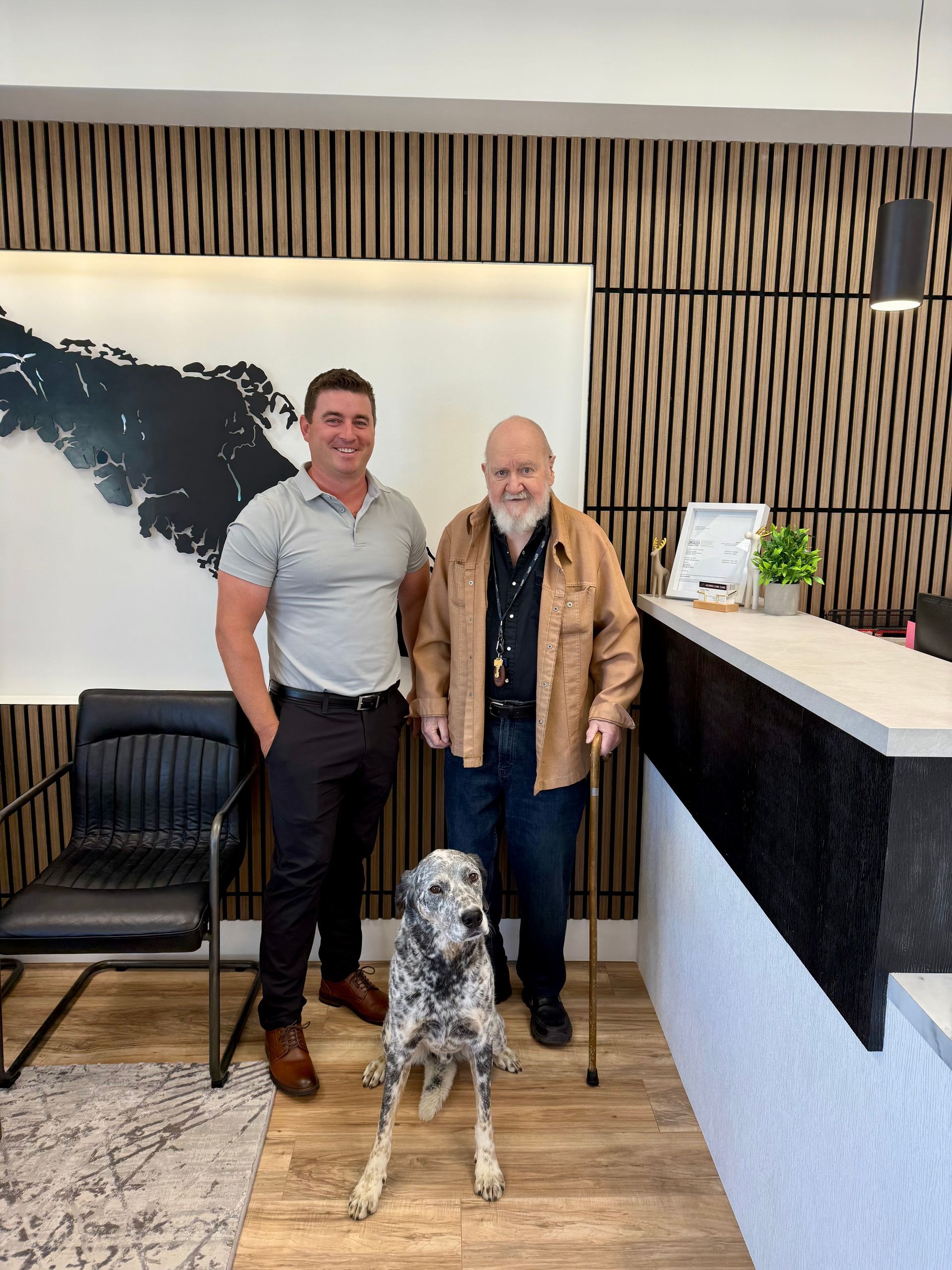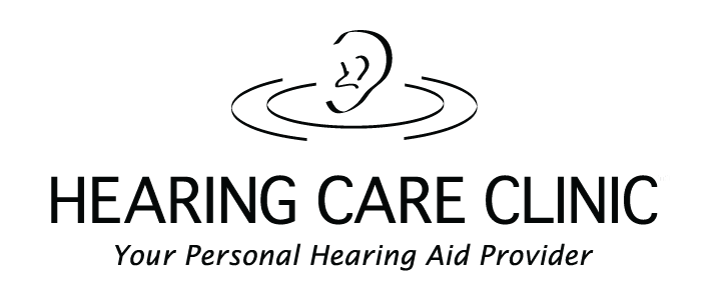Frequently Asked Questions About Hearing Aids
Frequently Asked Questions About Hearing Aids
The questions we hear the most from people considering hearing aids
These frequently asked questions about hearing aids are useful for two reasons:
1. They answer the questions that we hear the most at Hearing Care Clinic when people are considering new hearing aids.
2. They are great questions to ask when you meet with a hearing care professional.
If you have an upcoming hearing test, we recommend you bring these questions and ask them during the consultation. And we hope the answers are useful as you prepare for the next steps in your hearing journey.
We are dedicated to explaining hearing technology and the steps to better hearing. If you have any questions about hearing aids (or are not sure what to ask your hearing care professional), send us a message.
Will I need hearing aids?
One of the top questions about hearing aids that we hear is: will I need hearing aids?
If you suspect you might have hearing loss or other hearing challenges, then it has probably crossed your mind that you might need hearing aids.
The answer to the question is not a simple “yes” or “no.” Instead, it depends on many factors including the type of hearing loss, degree of loss, impacts of the hearing loss and your daily routines and habits. Hearing aids are a common recommendation for people with hearing challenges, but they are not a universal solution.
A hearing test is the best way to know if you would benefit from hearing aids. By reviewing how well you can hear and comprehend speech, we can determine how much you would benefit from wearing hearing aids. Since hearing aids are more suited to some types or degrees of hearing loss, we need to complete a hearing test before providing a recommendation.
At Hearing Care Clinic, we only recommend hearing aids when the information from a hearing test indicates you will greatly benefit from wearing the devices.
How well do hearing aids work?
For many people, their first memory of hearing aids is their grandparent or parent complaining about squealing or clunky devices. The older technology was prone to feedback and did not deliver natural sounds that modern hearing aids do, so the devices received more complaints than compliments.
Thankfully technology has advanced since then. The latest innovations have focused on natural sounds and seamless experiences so wearers can get more benefits with fewer annoyances.
One of the best parts of our job is watching hearing aid technology evolve at an incredible pace. Every year, new features and technologies are released that improve the experience. Hearing aids now provide a more natural sound that matches the environment you are in.
Today’s hearing aids are nothing like the ones your grandparents wore. And we expect the next generation of devices to be nothing short of incredible.
What are the benefits of using hearing aids?
It is understandable to be hesitant about getting new hearing aids. Many people question if hearing aids are worth it for them, and they ask us about the benefits of using hearing aids.
We answer this question by describing what to expect at every stage of hearing aids. Some aspects may take time to get used to:
- Starting a new habit of wearing the hearing aids
- Getting used to wearing hearing aids
- Getting used to hearing a broader range of sounds
- Learning how to clean and maintain the devices
We also describe the benefits of wearing hearing aids (besides the ability to hear better):
- Modern hearing aids sound natural and can seamlessly adjust to different situations or environments
- They are getting easier to operate, and many hearing aids can wirelessly connect to your smartphone
- Not only is better hearing is integral to your quality of life, but it helps to prevent dementia and improve your relationships
See the top myths of hearing aids to learn more about what to expect from wearing hearing aids.
How long does it take to get used to hearing aids?
When you start wearing hearing aids, your brain requires time to adjust to the new sounds. This adjustment period varies for everyone, so we always schedule follow-up appointments after fitting new devices to check in and see how you are doing.
Sometimes, this adjustment period may be less comfortable than expected. During your first fitting, we will provide tips and suggestions to ease this process and start getting the most benefits out of your hearing aids as soon as possible. And if your discomfort persists or if you experience any pain, please give us a call.
What is the difference between hearing aids?
Hearing aids come in various colours, styles and technology levels. Your choice of style and fit mostly depends on your preferences for fit and comfort, although some styles are more suited to more profound hearing loss. To select the optimal technology level, we will review the results from your hearing test to see what features would make the biggest difference in your life.
Modern hearing aids can come with many features like tinnitus support, wireless connectivity, remote controls or compatibility with cell phones to boost call volume – just to name a few. Our recommendations for the features will be based on your lifestyle, work, hobbies and habits.
How much do hearing aids cost?
Hearing aid prices vary depending on the technology levels. Devices designed to assist with profound hearing losses tend to use higher-end technology, so those hearing aids may cost more.
We carry hearing aids for every budget, and we will assist in navigating any options for hearing aid funding to offset the costs of new devices.
No matter the devices you select, they will work the best when they are fitted by a Hearing Instrument Specialist. A properly fitted and programmed hearing aid optimizes the performance and output of any device, ensuring you are getting the full value from your hearing aids.
Are hearing aids worth it for me?
Even though this question is not often asked aloud, we understand that it is the core question that many people ask themselves when considering hearing aids.
There are two ways to answer this question. First, see our article: It is worth getting hearing aids?
And second, book a hearing test and consultation at Hearing Care Clinic. We strive to provide as much information as possible so you can evaluate your options and make a confident decision. We’ve seen how life-changing hearing aids can be when they are properly selected and fitted, and the first step is explaining what to expect and answering all your questions about hearing aids.









